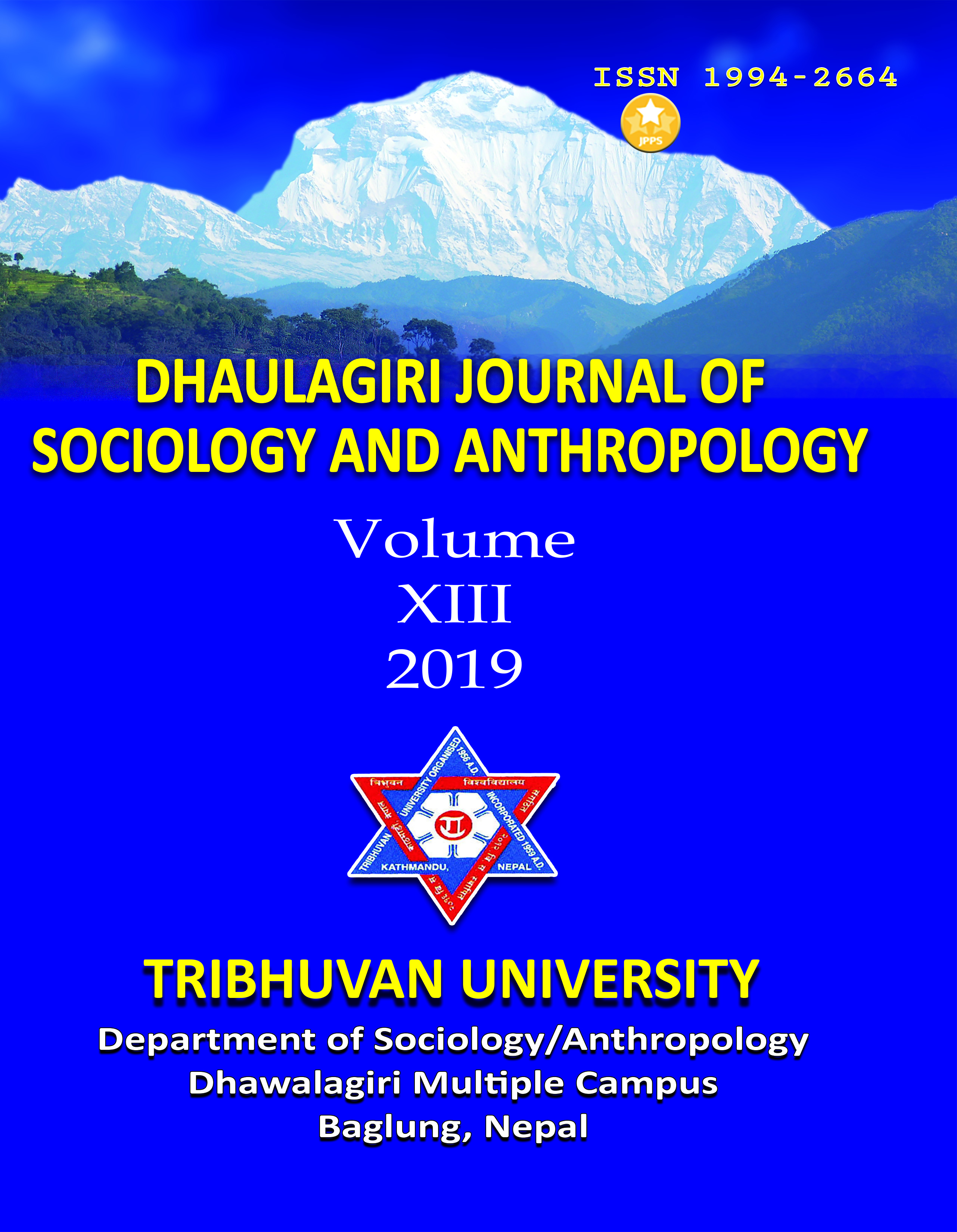Managing Resources in Community Schools: An Accountability Practice in Paradox
DOI:
https://doi.org/10.3126/dsaj.v13i0.21889Keywords:
accountability, community school, resource, paradoxAbstract
Scholars have raised two contradictory issues of particular relevance to current debates of accountability in the utilization of resources for service delivery in public schools. First, that inadequate resource resulted in the poor performance; second, that school actors lack accountability in managing the resources at their disposal. Corresponding to these views, empirical evidence suggests that school head's proactive initiatives find ways to fill up the resource gap; and at the same time, in doing so, school head’s agency has created an invisible power structure putting his accountability practice in paradox. Building on these insights, this paper presents evidences from Nepali community schools on how head teacher’s accountability as managing resources manifests in paradoxes. I argue that under the performativity of market-based accountability narrative, the school head’s accountability is fluid and moving between the two paradoxical extremes of providing service or promoting dominance over other school actors.




